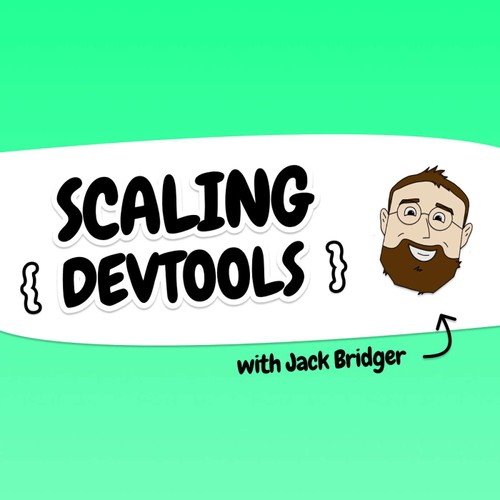
 Scaling DevTools
Scaling DevTools The future of DevRel, with "Danger" Keith Casey
17 snips
Jan 9, 2025 In this discussion, Keith Casey, also known as Danger, shares insights from his impressive background in DevRel, having worked at companies like Twilio and Okta. He explores the evolution of Developer Relations, emphasizing a shift from technical focus to strategic marketing. Keith delves into the financial implications of DevRel, the necessity for accountability, and the importance of aligning with organizational goals. He also examines the shift from traditional SDKs to innovative tools through generative AI, highlighting solutions for enhancing developer productivity.
AI Snips
Chapters
Books
Transcript
Episode notes
Origin of "Danger"
- Keith Casey's nickname "Danger" originated from a misreading of his middle initial 'D'.
- It became official at Okta when his demo org was set up under "Danger."
DevRel's Failure
- DevRel is dying because it has failed organizations by not providing sufficient value.
- DevRel has become too focused on marketing and less on developer skills and technical expertise.
Misaligned Incentives
- DevRel professionals are being evaluated on metrics like the number of conference presentations, not business impact.
- This incentivizes them to present on non-technical topics, which doesn't benefit their companies.


